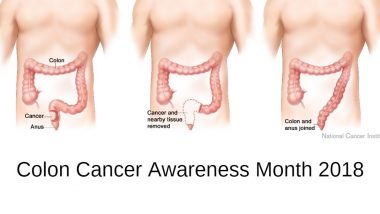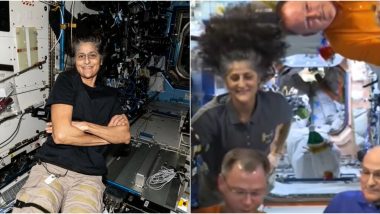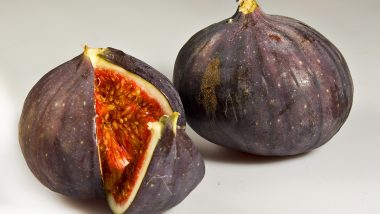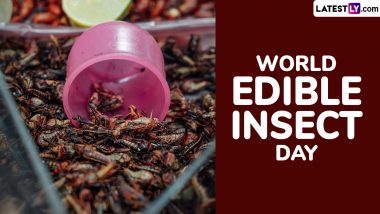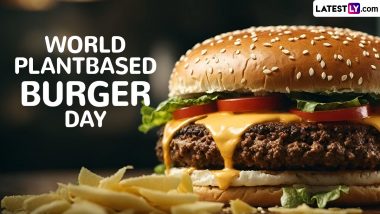Colorectal cancer, one of the commonest types of cancers, is the third-most common cancer in men and the second-most in women. Reported incidences of colon cancer in India are fewer but the numbers are steadily rising. The disease is seen mostly in the elderly, affecting more men than women. Risk factors include a family history, people who have a medical history of chronic inflammatory bowel disease and diabetes. Lifestyle problems such a physical inactivity and obesity are also tied to colorectal cancer risk. But the focus of this article will be the role played by food in increasing the risk of colon cancer.
Do increase calcium intake
Many studies suggest that that a high calcium diet can be a protective factor against colorectal cancers. Calcium prevents the formation of polyps in the stomach, which can then turn cancerous. High calcium foods include dairy products like milk, cheese and yoghurt. Seeds, leafy green vegetables, almonds, beans and lentils are some of the plant-based sources of the nutrient.
Don’t eat red meat
One of the cardinal rules of reducing stomach cancer risk is to decrease your intake of red meat. An overwhelming number of studies have shown a link between colorectal cancer and red meat, which includes beef, venison, pork, lamb, veal and mutton. If you must eat meat, stick to chicken and fish.
Do have fibre in your diet
A high fibre diet has a lot of health benefits. Having a fibre-rich diet ensures lesser exposure to cancer causing toxins because fibre helps in cleaning your stomach. It increases your stool volume and triggers quicker expulsion of faeces from the stomach. That’s why American Cancer Society and the World Cancer Research Fund advocate a diet that is high in whole grains, fruits and vegetables to prevent cancer.
Don’t drink alcohol
Not just heavy drinkers, even moderate drinkers of alcohol are at risk of developing colorectal cancer. People who drink 2-3 glasses of alcohol in a day have a 20 percent higher risk of colon cancer than the non-drinkers. Men should be more careful than women because alcohol is metabolised differently in men. This hormone-related difference also makes male drinkers more susceptible to colorectal cancer.
Do include folate in your diet
An important mineral folate is found in green leafy vegetables, asparagus, beans, peas, lentils, okra, avocado, citrus fruits,etc. is known for its preventive action on colon cancer. Clinical studies indicate that increasing folate intake through food cuts the risk of colorectal cancer.
Don’t eat processed foods
Highly processed foods like sausages, cold cuts, canned foods, cheese, cakes, confectionaries and breakfast cereals should be banned from your kitchen. These foods have little to offer in terms of nutritive value and cause the most damage.
Do increase vitamin D intake
Reduced intake of vitamin D is associated with an increased risk of colorectal cancer. Conversely, higher blood levels of vitamin D may be associated with lower incidence of colorectal cancer. Although we get most of our vitamin D from sun exposure, dietary sources like dairy products, fish, egg yolks, cereals, etc. should be included in the diet.
Don’t eat French fries
Everybody’s favourite potato snack may be bad news for colon health. Exposing potatoes to high temperatures while frying, baking or roasting triggers the formation of acrylamides, a deadly carcinogen. That’s why it is important to limit your consumption of cancer-causing foods like French fries and chips.
The role played by diet in increasing colon cancer risk cannot be ignored. So if you want to stay safe by reducing the risk, pay attention to what you eat. Increase your folate, calcium and fibre content and consciously stay away from alcohol, processed foods and red meat.
(The above story first appeared on LatestLY on Mar 20, 2018 07:00 PM IST. For more news and updates on politics, world, sports, entertainment and lifestyle, log on to our website latestly.com).









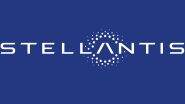



 Quickly
Quickly









